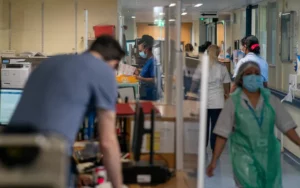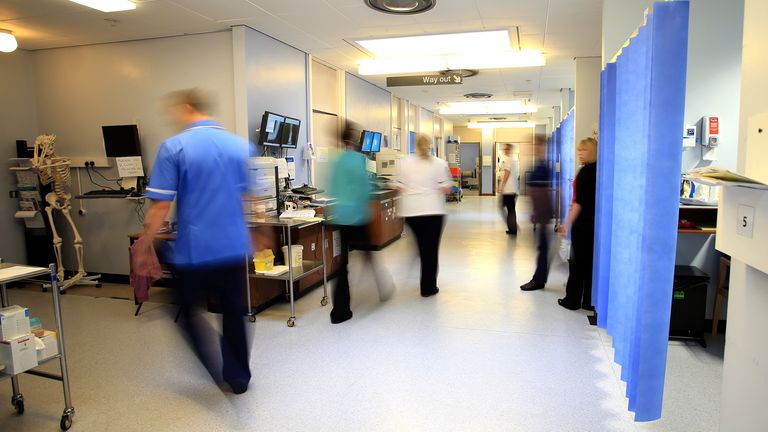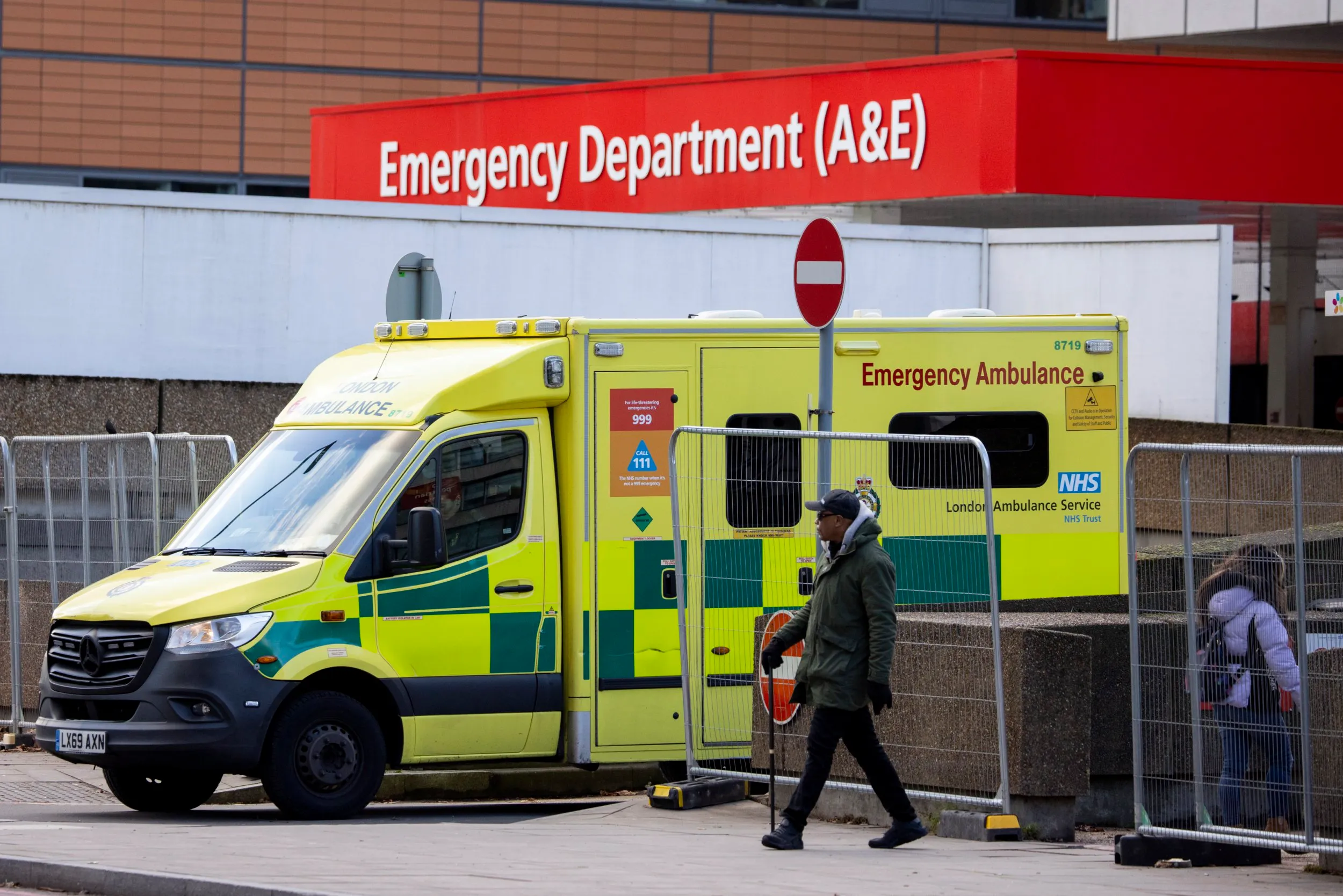Last year, almost 8,000 people faced harm, and 112 passed away because they had to wait too long for either an ambulance or surgery. This has raised red flags about the NHS care, hinting that care delays are turning into a disaster.
The Grim Stats
In the last three years, patient deaths caused by care delays shot up five times, climbing from 21 in 2019 to 112 last year. Not just that, the number of people seriously hurt due to these delays jumped too, going from 96 to 152 in the same period.
The Big Picture
From 2019 to 2022, the total count of folks facing some level of harm due to these delays skyrocketed from 3,979 to 7,856. That’s a whopping 97% increase in people suffering because things took too long.

Human Impact
Rachel Power from the Patients Association didn’t mince words, calling this a disaster in the making. She pointed out how this NHS crisis is hitting real people hard, affecting their safety and well-being. Because of the government holding back on providing funds, hospital are cutting down on planned surgeries. Rachel warned that this could mean more patients stuck in the waiting game, and that might lead to more harm.
Who’s Most Affected?
The stats showed that mental health care patients were hit the hardest, with 471 of them facing harm due to delays. The next in line were those needing childbirth care (253), eye problems (221), and trauma/general surgery (207). The Guardian got a hold of some stories that laid bare the impact of these delays. One case mentioned a person waiting for an ambulance for 18 minutes during a cardiac arrest, and by the time help arrived, it was too late.
Serious Consequences
Some patients waiting for crucial treatment ended up with serious harm or even death. One person, starting chemotherapy for lymphoma, got hepatitis B, but didn’t receive the necessary follow-up care and passed away due to complications.
The Data Source
All these stats came from the NHS’s national reporting system where staff report cases of poor care that harm patients.
Patient Experience
Healthwatch, the patient advocate group, highlighted how people facing long delays feel left behind and forgotten. Patients spoke about being taken off waiting lists without knowing why or even being told at all. Experts believe the actual numbers could be higher than reported. A&E doctors estimate that up to 500 people a week might be dying because of delays in getting ambulance NHS care or starting treatment.
NHS Response
The NHS acknowledged the challenges but highlighted the hard work of staff in ensuring patient safety during the busiest times. They mentioned preparing for winter earlier than before, rolling out more ambulances and virtual ward beds, and improving response times.
Urgent Need for Change
The situation is dire, with heart attack and stroke patients waiting way longer than they should for ambulances. The delays could be life-threatening, and urgent measures are needed to address these alarming trends.



